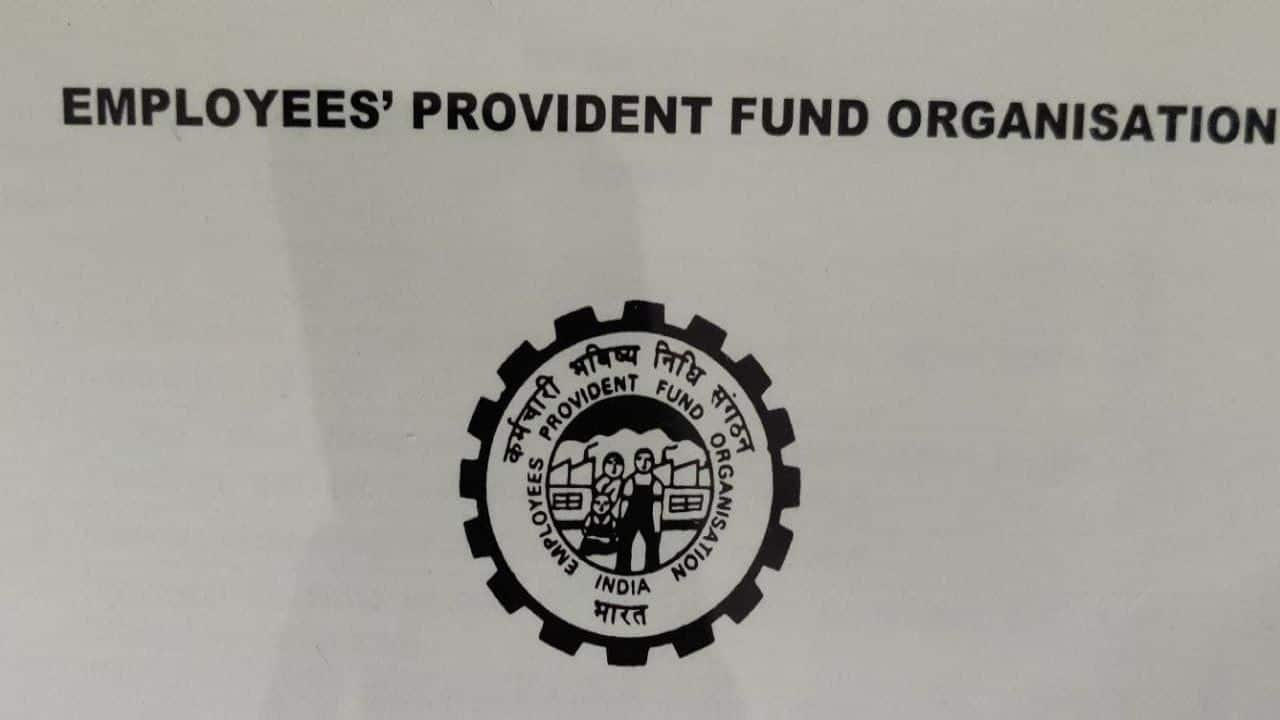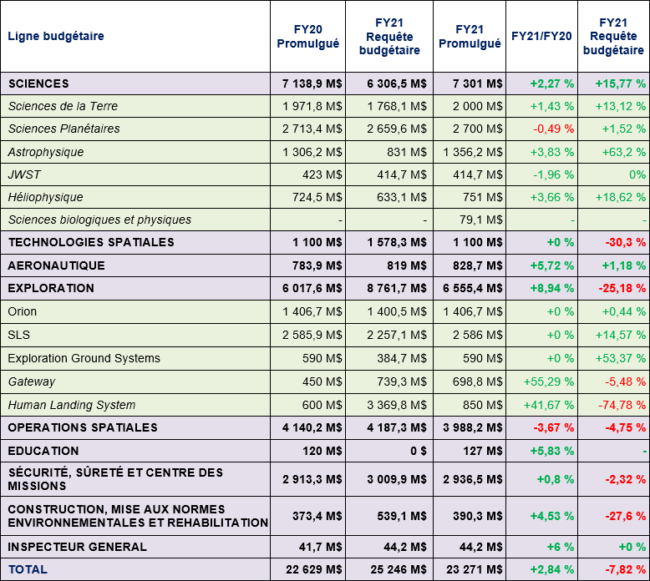

No number of cuts to NASA, education, infrastructure, research grants, or anything else that isn't one of those two can solve that problem because the money just isn't there, but politically convenient "I know how to make tough choices" moments can be found there with ease. Excluding tax increases there are only two sources of spending large enough to dent the problem: social programs and the military-industrial complex. I agree with your sentiment about ending the drug war, but you couldn't restore NASA's budget like that because NASA's budget isn't being cut for lack of money, it is being cut as a gesture to make people feel like the problem is being addressed. You can't just cut something you don't like (the drug war) and put that money toward something you do like (space exploration) when there is a need for cuts in the first place. You could fund an extra drug war with every 2% of our non-wartime military spending! Not including wartime expenses, the United States spends almost double the combined military spending of the next 5 nations combined, three of those nations are some of our closest allies (UK, France, Japan).

If the United States spent as much as the next 5 nations combined instead of its current costs the deficit problem would be solved in a single politically-suicidal sign of a pen. The war on drugs is more of a human rights problem than a money problem, if you're looking for billions wasted on lobbyist kickbacks you just need to look at the military. NASAs budget from 1958 to 2012 as a percentage of federal budget NASAs share of the total federal budget peaked at approximately 4. Ending the drug war would not solve the problem of politicians using NASA as the generic show of willingness to make "tough sacrifices" while ignoring the elephant in the room. In its own budget summary released Monday, the space agency detailed how it would divvy up the money, from $482 million to continue developing the Nancy Grace Roman Space Telescope scheduled to launch in 2027, to $525 million to test advanced propulsion technologies and nuclear power for Moon or Mars bases, to more than $1.6 billion for Nasa’s commercial crew and cargo program servicing the International Space Station.īut Artemis and deep space exploration make up a large chunk of the Nasa budget request, with major dollars directed toward developing the Space Launch System Moon rocket and Orion spacecraft for the Artemis missions to follow the uncrewed Artemis I test flight expected later this year.You are getting overly political, the war on drugs is not the biggest waste of money even by the most horrible measurement ($15 billion per year) and would only be a drop in the bucket of the deficit and politicians will continue making worthless gestures in valuable programs to show how super serious they are about deficit reduction until the debt is decreasing as a share of GDP (which requires a deficit under 2-3% GDP or ~$300b-$450b). Congress, including the Senate where Democrats control a narrow majority, will ultimately craft a budget bill that could track or differ from the president’s wishes.īut Nasa has no shortage of objectives to accomplish if Congress approves Mr Biden’s budget. The Manage Project Budgets by Period screen is the source for this information. You can designate any of these to be used in the columns of the report. Use the fields in this group box to specify which budget revision is to be used on the report columns. Outlined are some of the consequences that a CR would have on NASA, including impacts on the Artemis program and climate change initiatives. The values are from the Manage NASA 533 Formats screen. Please see the attached fact sheet from OMB underscoring the importance of Congress reaching an agreement on FY 2022 appropriations, and avoiding the continuation of 2021 funding levels under a full-year continuing resolution (CR).

The $26 billion earmarked for Nasa is just a portion of the $5.8 trillion federal budget Mr Biden proposed Monday, and none of the money is guaranteed. NASA CFO statement on FY22 budget negotiations. The budget would also provide nearly $3 billion to help Nasa study and mitigate climate change by developing new Earth monitoring satellites and more efficient, lower emissions aircraft technology.


 0 kommentar(er)
0 kommentar(er)
